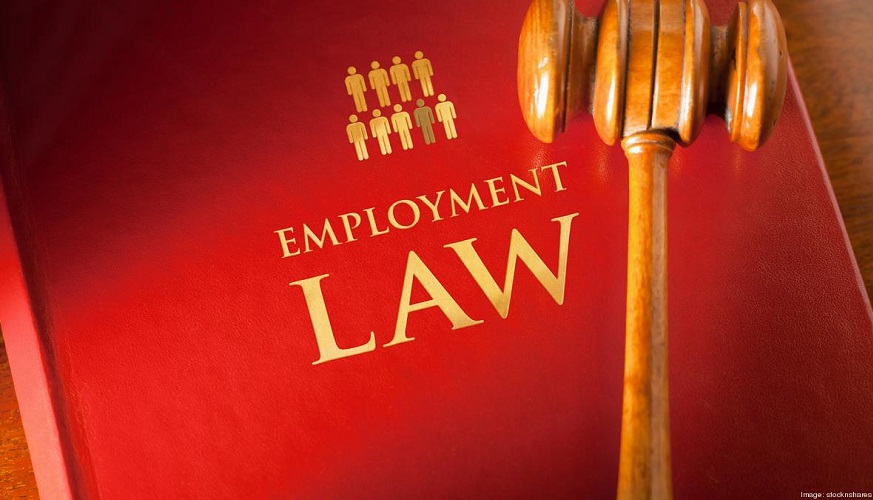10 Key Features Of Australian Employment Law Every Business Owner Should Know
Business owners deal with a whole range of matters on a daily basis, and whilst they may pass any which relate to legal matters to their commercial lawyers, that does not negate their responsibility to ensure that their business operates within the law. We are not suggesting that business owners need go to night school and study commercial law, but it would serve them well to have a reasonable level of knowledge of it.
As a minimum, they should at least of an understanding of some of the key employment laws that apply to business, as this has some of the most important legal obligations for employers. Whether a business employs a handful of staff or thousands, employment law must be adhered to, so to help steer business owners towards a greater awareness of it, here are 10 key employment law features worth knowing.
Modern Awards
Although it might sound like a certificate for inventing new technology, a modern award is a key part of employment law and effectively lays out the minimum entitlements for those employed within specific business sectors and industries. They cover several aspects of employment including working hours, minimum wage, overtime rates, and entitlements to annual leave.
Enterprise Agreements
These relate to the agreements relating to employment terms and conditions which have been agreed between business owners and either a trade union or a group who represent the employee where a trade union is not present. If an employee works for a business that has an enterprise agreement in place, the terms of a modern award for that industry do not apply.
Parental Leave
Employees who become a father or are going to adopt, are entitled to request 12 months unpaid parental leave, provided they 12 months continuous service with their employer.
Long Service Leave
Where an employee has worked for an employer for a long time, they are entitled to an amount of paid leave dependent on their length of service. This ranges from 6 weeks entitlement for 7 years’ service, to 13 weeks leave, for 10 years’ service.
Carer’s Leave
Should an employee who works full-time have a family member who is ill or needs care, the employee is entitled to 10 days paid care leave each year. If care leave is not used in any given year those 10 days carry over each year and accumulate.
Notice Period
Most employees are entitled to the ‘statutory minimum notice of termination’ although longer periods of notice may be written into an employee’s employment contract.
Unfair Dismissal
Unfair dismissal is that which is regarded as unjust, unreasonable, or simply harsh in the extreme, and it can also apply if the business tries to falsely claim the dismissal is redundancy. Small businesses’ unfair dismissal rules can be found in the Small Business Fair Dismissal Code.
Redundancy Entitlement
If an employee is made redundant by their employer then, based on the length of their employment, they should be entitled to redundancy payments which are the equivalent of between 4 and 16 weeks normal salary.
Gender Equality
Businesses that have more than 100 employees are obliged to report on their ‘gender equality indicators’ that will show data relating to equal pay, and gender composition, for example.
Transfer Of Undertakings
There is not always an automatic transfer of obligations if a business is sold, however, the new employer may be bound by existing modern awards and enterprise agreements. Also, the recognition of length of service entitlements may also be required.




